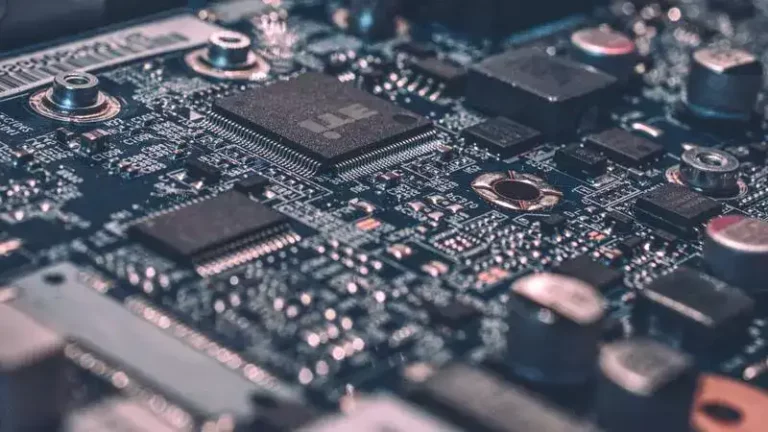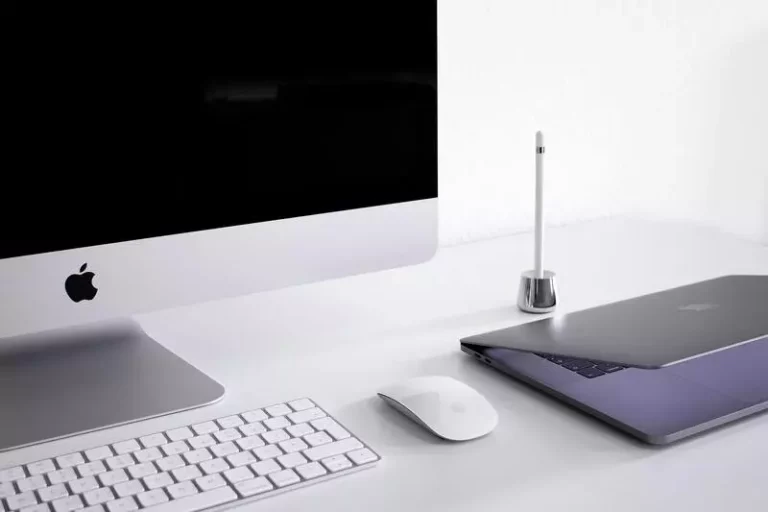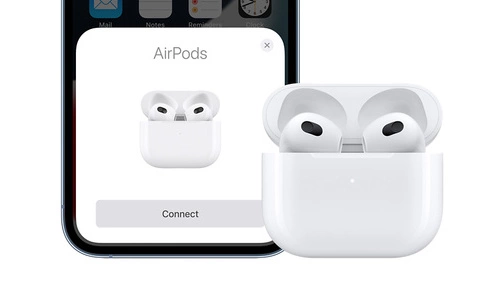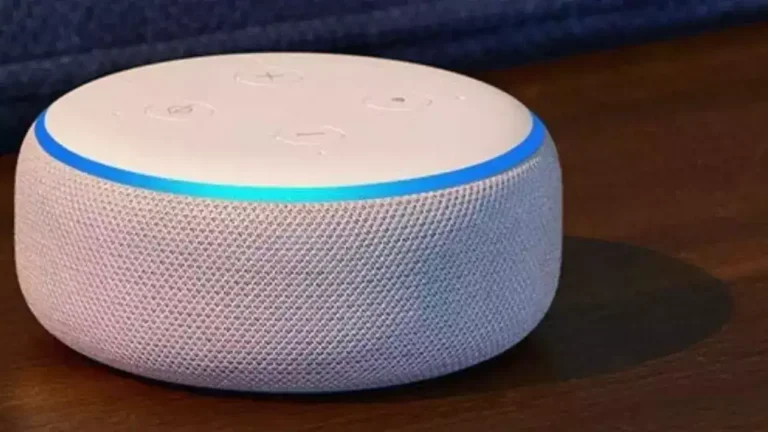How Long Should A Smartwatch Last? (Explained!)
Smartwatches were one of those technologies where no one was certain if it would really take hold. However, the technology stood the test of time and consumer acceptance. If you decide to drop money on a nice one, the main feature should be longevity, since these things aren’t cheap by any means.
Unfortunately, the average lifespan of a solid, well-put-together smartwatch is only 2 or 3 years. You can probably manage to squeeze five years or so out of an Apple Watch or comparable Samsung but even that is pushing it.
So why is the standard smartwatch limited by such a short lifespan? Is it the manufacturing process? Is it the quality of the materials? The answer is honestly, none of the above. Everything has a shelf life and this is especially true with tiny components and batteries.
Check out this article to find out how long a smartwatch lasts and how to improve its lifespan.
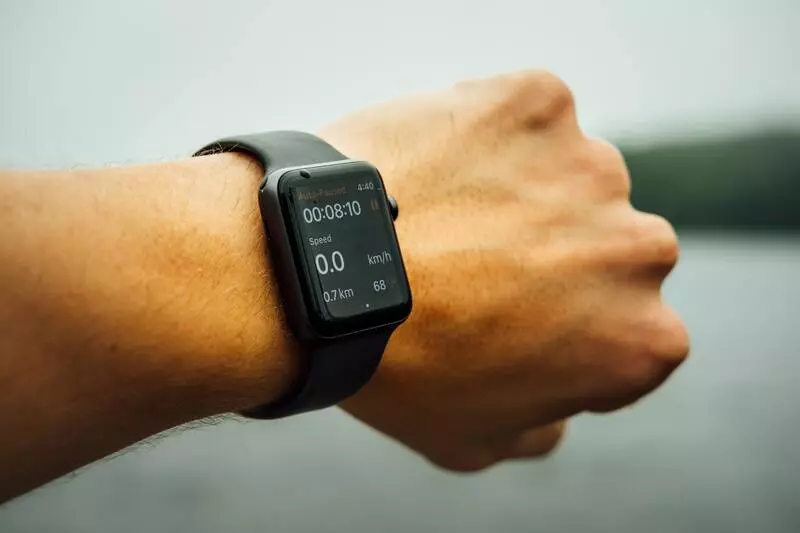
Every time you power up a smartwatch, there are a hundred things going on inside. Its syncing with your phone runs apps, connects to a cellular signal, and displays everything on a crisp, bright, LCD/LED HD screen for hours on end.
Your standard watches, in the meantime, are far more simple in their mechanics and so long as you keep the battery up, they’ll run forever.
1. It’s More Than Just The Lifespan Of The Materials
When you’re dealing with smartwatches, it’s very similar to dealing with smartphones. You’re constantly encouraged and pressured to upgrade to the next, best thing. The moment you slip a new Apple Watch onto your wrist, it’s obsolete.
The powers that be at Apple are already hard at work manufacturing the next generation smartwatch that’s bigger, better, and does more than yours. Honestly, smartwatches are only watches by the widest and most insane definition of what actually constitutes a watch.
So applying the standards of a typical lifespan of a watch to a smartwatch is an exercise in futility. It doesn’t really make any sense. Battery lifespans are an issue as well. These batteries start losing their swagger the moment you fully charge it for the first time.
That downward spiral continues until you reach a point where a full charge won’t last you through the day.
2. How To Make A Smartwatch Last Longer
If you decide you want to fork over a large sum of money for a premium smartwatch, such as Samsung or Apple, you want that thing to last. The price on these things is so ridiculous that you may as well sell one of your kidneys on the black market just to afford one.
So if you’re willing to spend that kind of money, you need to do a few things to make sure it’s going to last more than a couple of years.
- Stop updating after a couple of years
- Purchase a battery replacement
- Don’t wear it in a rugged environment
- Put a case on it
It may seem counterproductive to stop updating over time, however, most of the things that you want your watch to do two years down the road, it isn’t going to be able to do well in any case.
The more often you update your smartwatch a couple of years in the future, the harder those components have to work in order to carry out a process that new smartwatches can do with ease. This accelerates the death dive of your smartwatch.
When it comes to longevity, the battery is the first thing to take a dirt nap. The battery is the most important functioning part of your smartwatch anyway. Without the battery, you have a really nice-looking bracelet.
Two years after your purchase, go down and have the old battery removed and a new one installed. Odds are your new one—even if it’s the exact same size and type—is probably an improved version over the original.
With a battery replacement, it will almost be as if you have a new smartwatch again, with everything working smoothly and faster than before, while your smartwatch lasts longer again.
You also want to make sure you get a case on the thing. It may seem that it makes your watch too bulky, however, you don’t want to be forced to upgrade. If you destroy your watch, the entire point of this article is moot.
Lastly, you want to avoid doing things with your aging smartwatch that you probably didn’t think twice before doing early on. Keeping them out of the water is numero uno, as an older watch may not be as adept at keeping water out.
You don’t want to bang it up, break it, or otherwise impact it in a way that will turn it into a broken bracelet that needs to be replaced.
3. Change Your Features Around From The Beginning
One of the things you can do to increase your battery’s lifespan—along with everything else on your smartwatch—is ditch those features that you never need or use. Do you need the display to always be on? If not, turn that feature off.
If you don’t use voice assistants such as Siri and Google Assistant, turn them off as well. If you use your smartphone for notifications, why on earth would you keep notifications on when it comes to your smartwatch?
Systematically going through your smartwatch and turning off the features that you don’t need will not only give you a major boost in battery life, it will also boost your smartwatch’s longevity. The lesser the burden on the hardware, the longer the hardware will last.
You would probably be surprised to find out how many features are automatic on your smartwatch that you never need or use. Go through each one, keeping what you think is essential and crossing out the rest. This is especially useful late in the watch’s lifespan.
4. Final Word
Hardware is hardware, after all, and not everything lasts forever. The more you use a thing, the more wear, and tear that is bound to occur. Since you already know that 2-3 years is the typical lifespan of a smartwatch, take advantage of that knowledge.
With the above tactics, you can probably squeeze a few extra years out of your smartwatch, especially if you eventually replace the battery. However, after five years or so, it’s probably time to either give it up and upgrade, or just get you a regular watch.

Espen
Espen is the Director of ProPairing and has written extensively about Bluetooth devices for years. He is a consumer product expert and has personally tested Bluetooth devices for the last decade.

